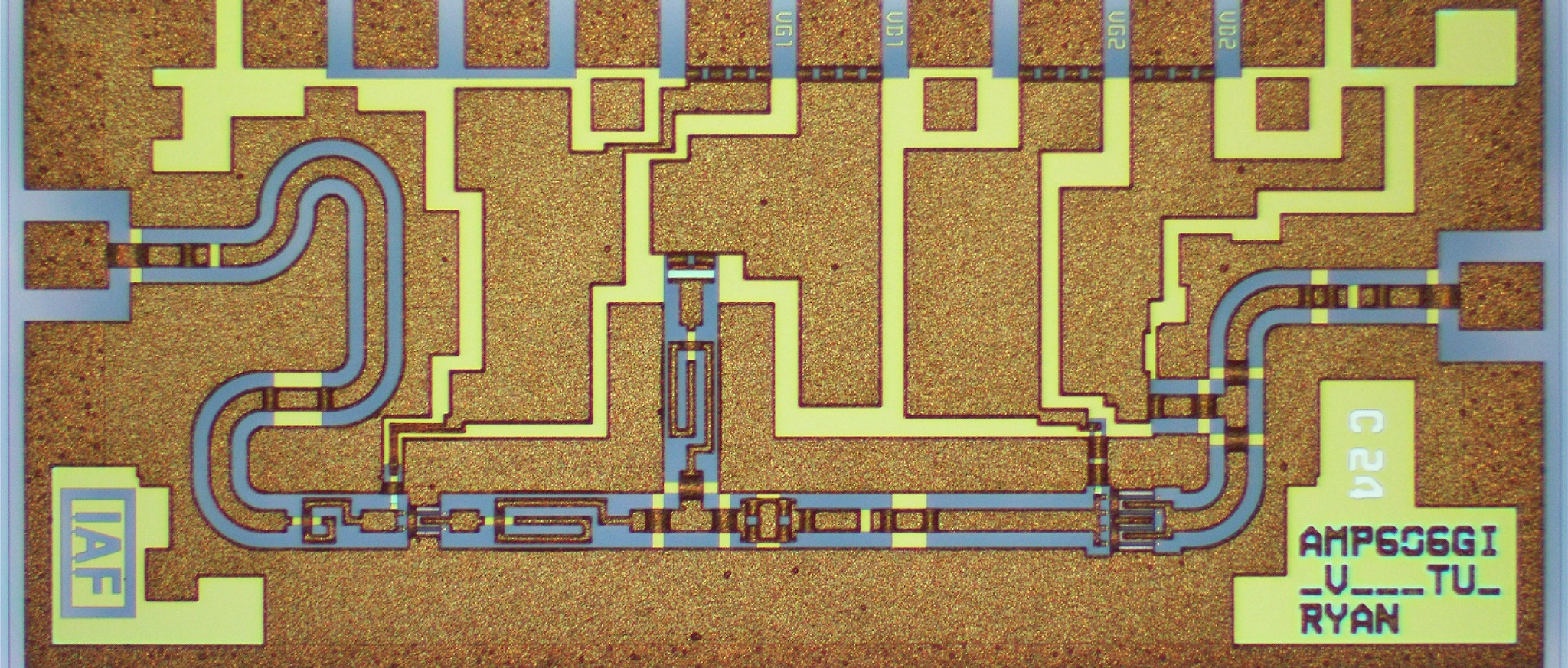
Towards zero power: Efficient IoT hardware and systems
11/13/2019 - Economical and modular hardware creates the basis for a nationwide IoT

The future is all about connectivity: Within the IoT, electronic devices and machines exchange information, handle complex work processes and perform maintenance tasks all on their own. In order to realize this vision, more and more devices are joined into networks and connected to the internet. In order to function, these IoT networks need a large amount of interfaces, so-called nodes. The problem: These nodes consume vast amounts of energy. According to a study by the International Energy Agency, in 2013, the energy requirements of all networked devices worldwide corresponded to the total demand for electrical energy in Germany. Within the next few years these figures are expected to increase even further.
Sensors control the nodes and provide important data from every single device within the network. Therefore, a particularly energy-efficient design of these sensors would be a great plus in the future. Fraunhofer is pursuing exactly this objective with its lighthouse project »Towards Zero Power Electronics (ZePoWel)«: Researchers are developing an extremely energy-efficient integrated hardware solution. The goal is to reduce the energy consumption of the nodes themselves as well as the energy required during the communication process between different devices. Experts at Fraunhofer IAF are developing special radio transceivers for the IoT nodes. They focus on technology development as well as on the design of the integrated circuits along with the integration of the user interfaces for the radio links.
In the future, interconnected sensors should be able to work completely energy self-sufficiently. A conceivable idea would also be the development of only one module for many applications. The goal is the creation of a joint platform where all participating institutes can provide their individual innovations, thus enabling a »modular design kit« that can combine different IoT applications.
 Fraunhofer Institute for Applied Solid State Physics IAF
Fraunhofer Institute for Applied Solid State Physics IAF